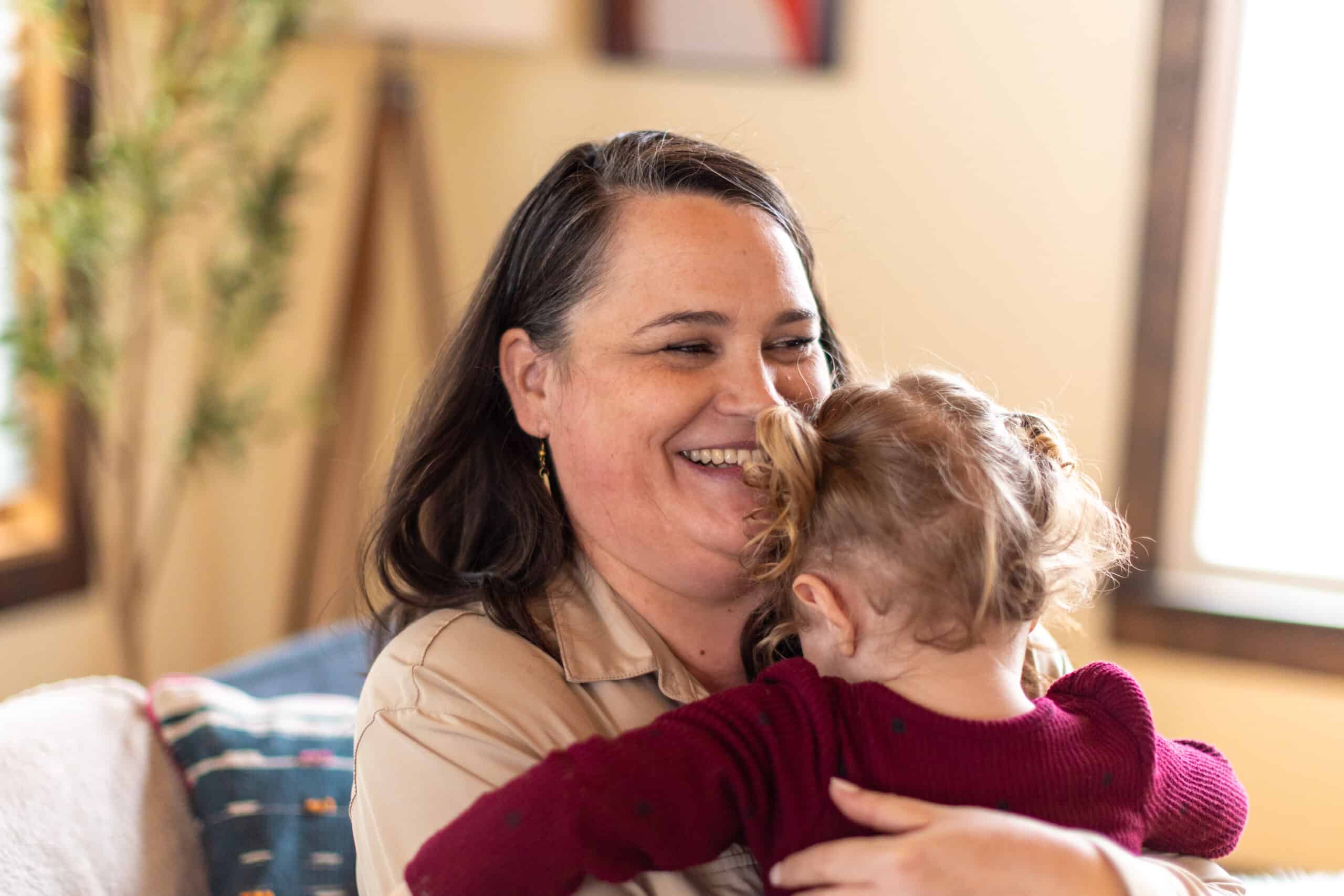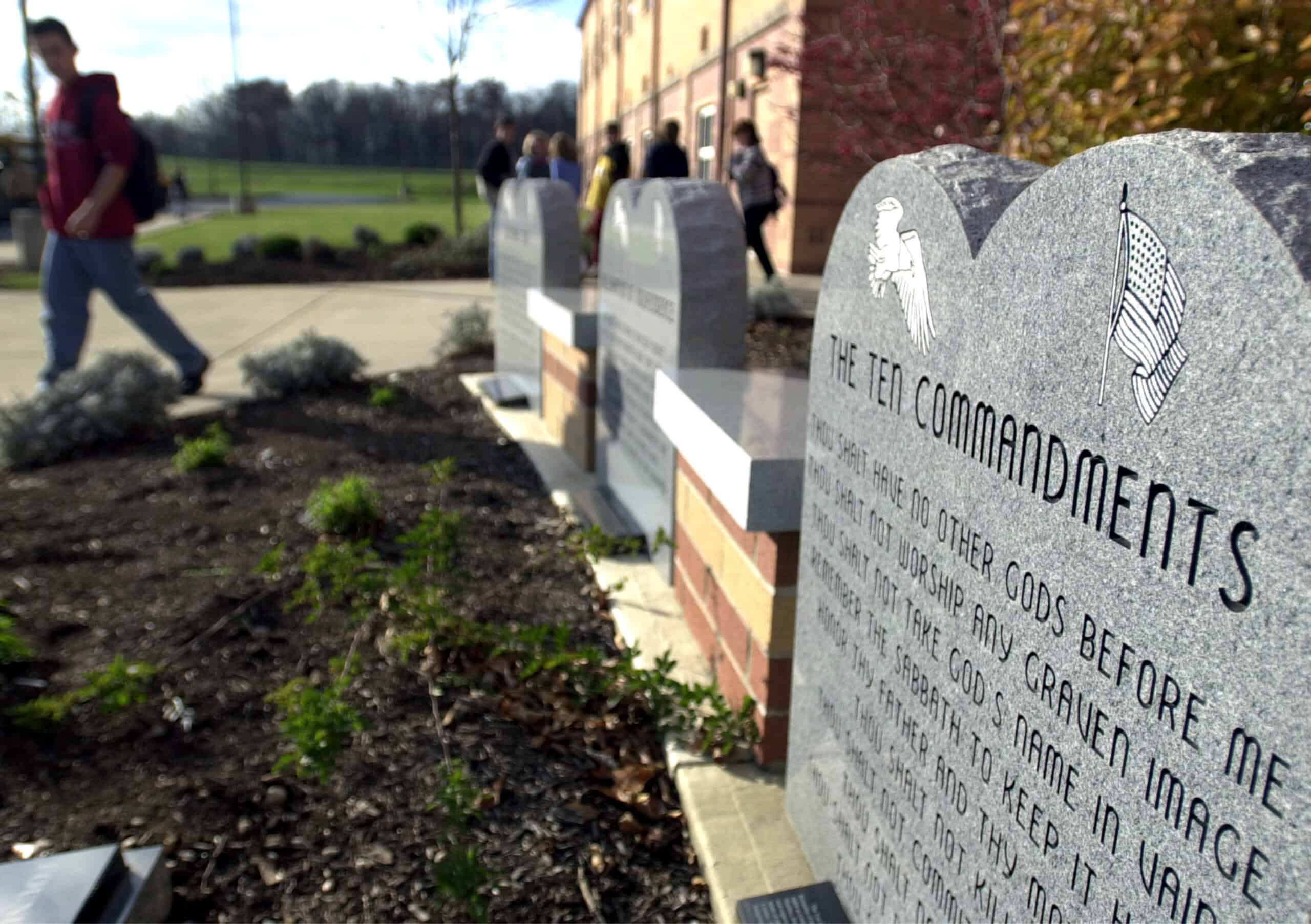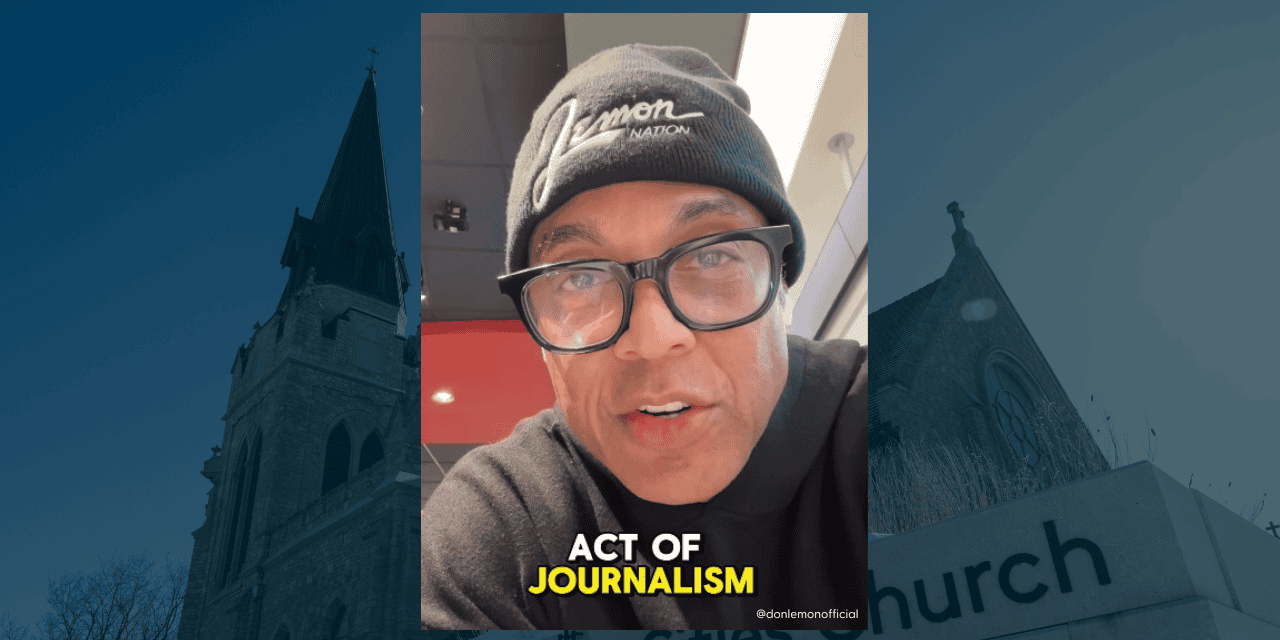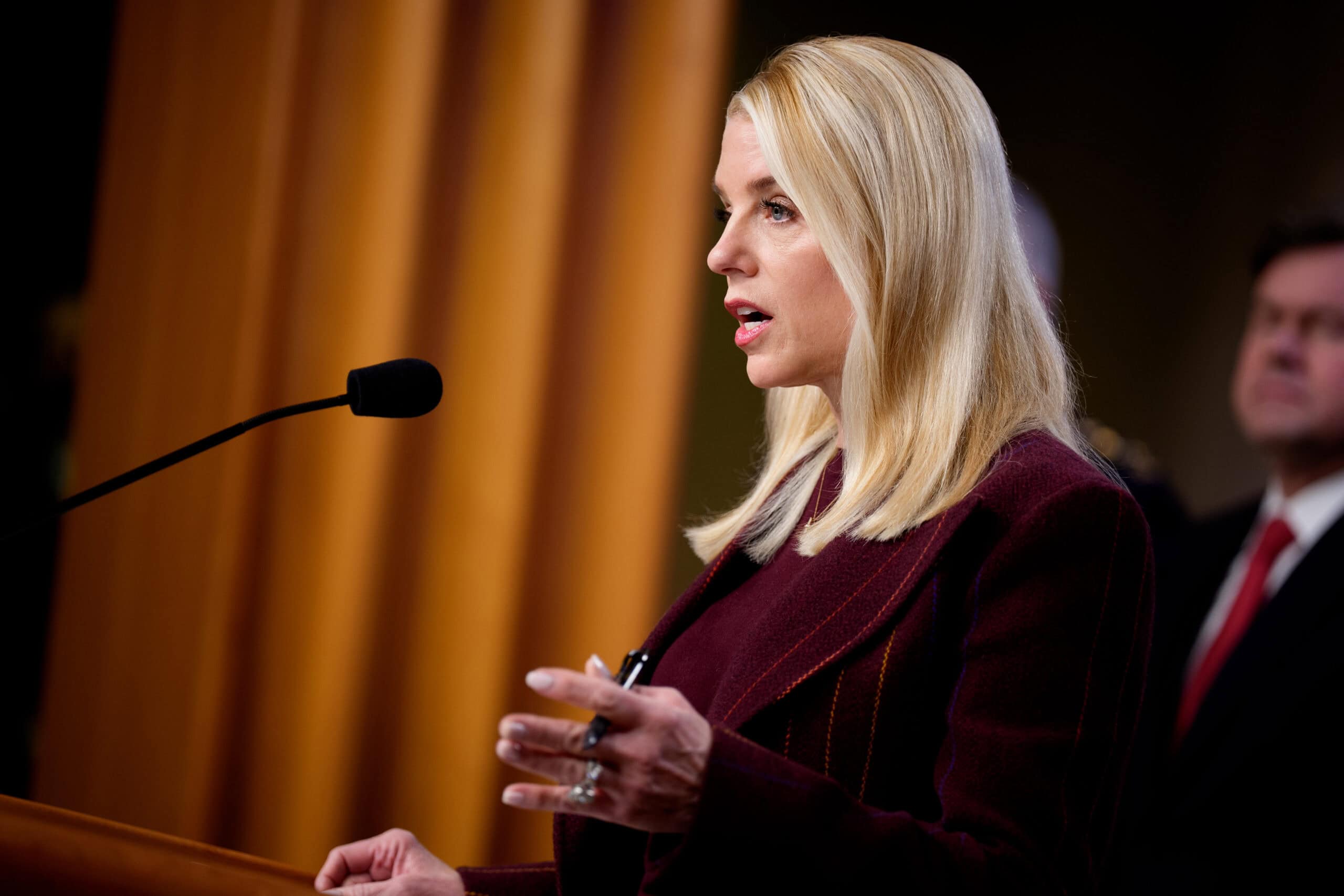Supreme Court Refuses to Protect Religious University’s First Amendment Rights, For Now

In a case that has important religious freedom implications for all faith-based educational institutions and organizations, the U.S. Supreme Court has refused – for now – to block a New York state court order requiring Yeshiva University (YU) – a private, Orthodox Jewish school located in New York City – to grant official recognition to an LGBT student club whose views directly contradict the school’s official religious position on marriage and human sexuality.
YU was founded in 1886 and is the nation’s largest Jewish undergraduate institution. Its educational purpose, according to Justice Samuel Alito and the three other justices who dissented from the high court’s refusal to grant an emergency stay blocking the lower court’s order, “[I]s structured to help students embrace the Jewish faith and engage with the secular world from a foundation of Torah values.”
“Thus,” wrote Alito, “Yeshiva expects its undergraduate students ‘to live in accordance with halachic norms and Torah ideals.’”
But when a group of students requested that the school officially recognize their “YU Pride Alliance” club, whose purpose was to “vehemently disagree” with Yeshiva’s interpretation of the Torah regarding homosexuality, and “make a statement” and promote “cultural changes” at the school, the school rejected the request, concluding that granting the request would have “implications that are not consistent with the Torah.”
The students then sued Yeshiva, invoking New York City’s “antidiscrimination” law, and a trial judge ordered the school to recognize the club, dismissing the school’s First Amendment arguments. A state appeals court upheld the ruling when the school requested an emergency stay blocking the trial court’s mandate.
Yeshiva then asked the Supreme Court to step in on an emergency basis and block the lower court order until Yeshiva could properly appeal. In a 5-4 ruling, the justices denied the request. The five justices who denied the school’s request included Chief Justice John Roberts, Justice Brett Kavanaugh, Justice Sonia Sotomayor, Justice Elena Kagan, and the newest appointee to the court, Justice Ketanji Brown Jackson.
The majority said it was too soon to hear Yeshiva’s case, as more opportunities for relief in the lower courts were available to the university.
The four dissenters – Justice Samuel Alito, Justice Clarence Thomas, Justice Neil Gorsuch, and Justice Amy Coney Barrett – would have granted the stay. Justice Alito wrote a dissenting opinion taking the majority to task for refusing to protect Yeshiva’s rights.
“Does the First Amendment permit a State to force a Jewish school to instruct its students in accordance with an interpretation of Torah that the school, after careful study, has concluded is incorrect?” Alito wrote.
“The answer to that question is surely ‘no.’ The First Amendment guarantees the right to the free exercise of religion, and if that provision means anything, it prohibits a State from enforcing its own preferred interpretation of Holy Scripture. Yet that is exactly what New York has done in this case, and it is disappointing that a majority of this Court refuses to provide relief,” the justice added.
But what about the majority’s argument that Yeshiva still had opportunities to pursue in the lower courts before it was entitled to come to the Supreme Court?
“Unless a stay is granted, Yeshiva will be required to recognize the Alliance as an official student group and to grant it all the privileges extended to other such groups,” Alito wrote. “As the Alliance has contended, this would force Yeshiva to make a ‘statement’ in support of an interpretation of Torah with which the University disagrees. The loss of First Amendment rights for even a short period constitutes irreparable harm, [citation omitted] and the appellate process in the state courts could easily drag on for many months.”
Alito also pointed out that the lower courts had already denied any relief to Yeshiva, and were unlikely to do anything differently the second time around. He also made a pointed historical reference to a 1977 case involving an American Nazi Party march in the predominately Jewish town of Skokie, Illinois, another case where the Supreme Court stepped in at the same stage of the litigation to preserve the Nazis’ right to march
“It is ironic,” Alito noted, “that the theory that supported a stay in that case is eschewed here.”
The Rev. Albert Mohler serves as president of The Southern Baptist Theological Seminary and is a former board member of Focus on the Family.
Speaking on his popular podcast, “The Briefing,” on September 14, Mohler told his listeners that Yeshiva’s legal fight was important to Christians.
“Well, in this case, the story of Yeshiva University could be the story of the Southern Baptist Theological Seminary, the story of a Catholic institution,” Mohler said. “If a judge can rule this way about a Jewish institution, and tell a Jewish institution it really can’t function in a Jewish way, then the same principle would allow it to tell a Baptist seminary or a Catholic university essentially the same thing.
“In this case, Yeshiva University turns out to be a test case for all of us.”
Yeshiva is represented by attorneys with the Becket Fund for Religious Liberty. Eric Baxter, Vice President and Senior Counsel at Becket, tweeted, “Today the Supreme Court instructed Yeshiva University to make an additional effort to get the New York courts to grant them emergency relief and made clear that if that protection is not provided, they can return to the Supreme Court to seek its protection again. We will follow the Court’s instruction” (emphasis in original).
The Daily Citizen will be following this case and will report back on any new developments.
The case is YU Pride Alliance v. Yeshiva University.
Photo from Becket Fund.
ABOUT THE AUTHOR

Bruce Hausknecht, J.D., is an attorney who serves as Focus on the Family’s judicial analyst. He is responsible for research and analysis of legal and judicial issues related to Christians and the institution of the family, including First Amendment freedom of religion and free speech issues, judicial activism, marriage, homosexuality and pro-life matters. He also tracks legislation and laws affecting these issues. Prior to joining Focus in 2004, Hausknecht practiced law for 17 years in construction litigation and as an associate general counsel for a large ministry in Virginia. He was also an associate pastor at a church in Colorado Springs for seven years, primarily in worship music ministry. Hausknecht has provided legal analysis and commentary for top media outlets including CNN, ABC News, NBC News, CBS Radio, The New York Times, the Chicago Tribune, The Washington Post, The Washington Times, the Associated Press, the Los Angeles Times, The Wall Street Journal, the Boston Globe and BBC radio. He’s also a regular contributor to The Daily Citizen. He earned a bachelor’s degree in history from the University of Illinois and his J.D. from Northwestern University School of Law. Hausknecht has been married since 1981 and has three adult children, as well as three adorable grandkids. In his free time, Hausknecht loves getting creative with his camera and capturing stunning photographs of his adopted state of Colorado.




